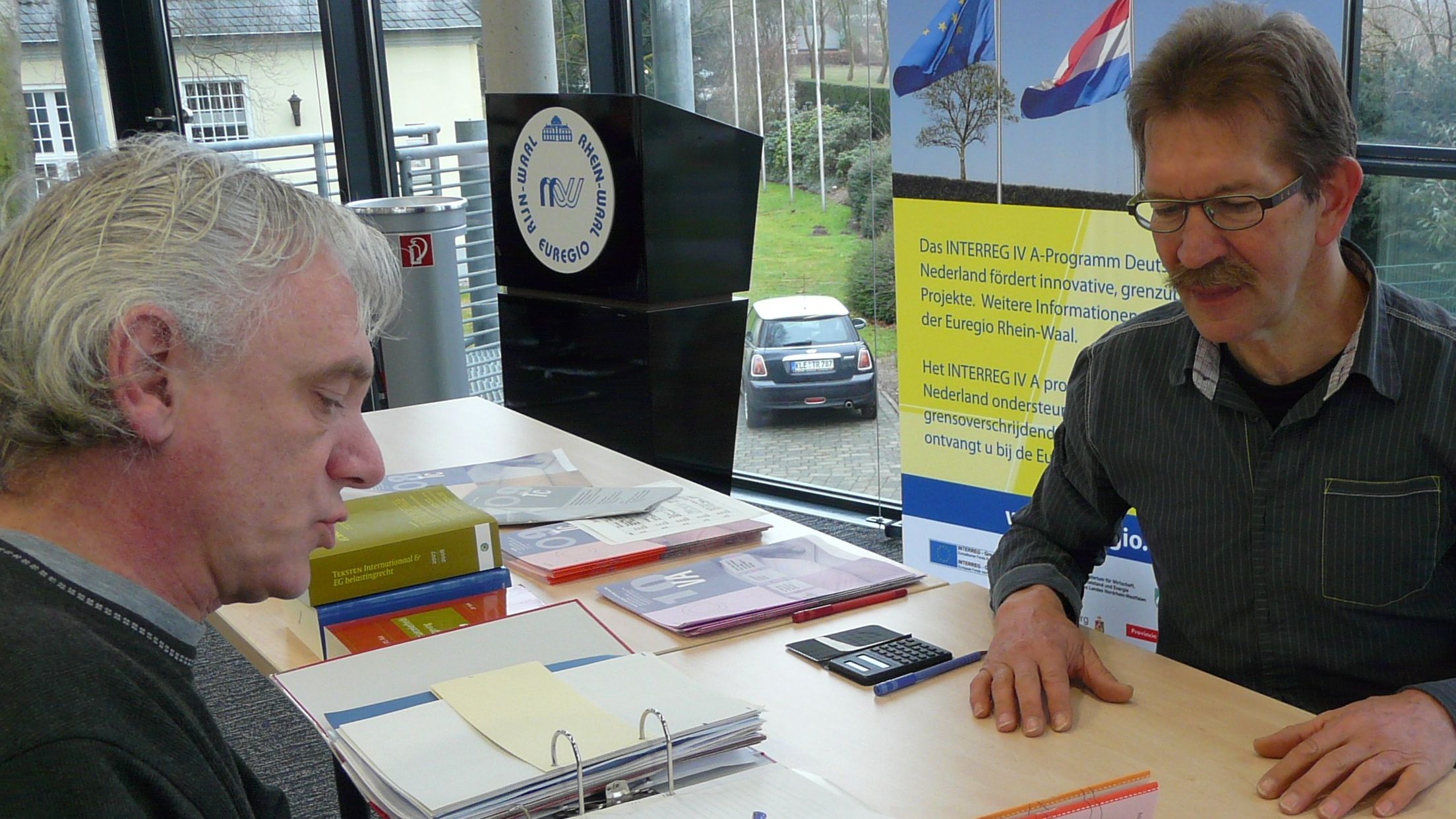14 April 2025: It's official: the Netherlands and Germany are taking a step towards each other when it comes to the taxation of cross-border commuters working from home. The agreements, however, are insufficient with a maximum of 34 days per year that a cross-border worker may work from home. The Euregios along the German-Dutch border will therefore continue to campaign for better solutions.
Cross-border commuters and working from home
Since the pandemic, working from home has become an integral part of our working world. However, while employees who also live in the country in which they work do not have to fear any tax losses, the situation is different for cross-border commuters: double taxation already applies if the cross-border commuter works from home for just 30 minutes a day. This then counts as a ‘home office day’.
The consequence?
Cross-border commuters are disadvantaged in a number of ways, whether through a less flexible working day or a complex and unmanageable taxation situation.
‘A no-go!’, say the Euregios along the German-Dutch border, and have been campaigning for regulated tax agreements between the various countries in their territories that are adapted to everyday working life since the end of the pandemic and the agreements in force at the time.
The new regulation between the Netherlands and Germany: progress?
The answer to this question is ambivalent: On the one hand, one can say ‘yes’, because with this agreement the countries are at least showing a willingness to tackle the situation. Up to 34 home office days per year will be possible without having to pay tax in the country of residence instead of the country of work. On the other hand, it is clear that 34 days per year are largely insufficient.
Hubert Bruls, Chairman of the Euregio Rhine-Waal: "Of course, this decision does not go far enough for us. Anyone who regularly works from home knows that this only has a positive effect if it can be done at regular times every week. That is why we welcome the intention of both countries to coordinate even better in this matter. The Euregio Rhine-Waal and the other Euregios along the German-Dutch border will continue to work to ensure that all cross-border workers can soon enjoy the same positive benefits post-corona as all other employees."
Carola Schroers, employee of the Rhine-Waal Border Info Point, explains: "This agreement is an important first step towards sustainably improving the tax situation of cross-border commuters and we will proactively monitor further developments. We are pleased to be able to provide clear advice to the many cross-border commuters who are affected. Especially in the tight labour market situation, obstacles to working in the neighbouring country must be removed."
Deepl Translation

